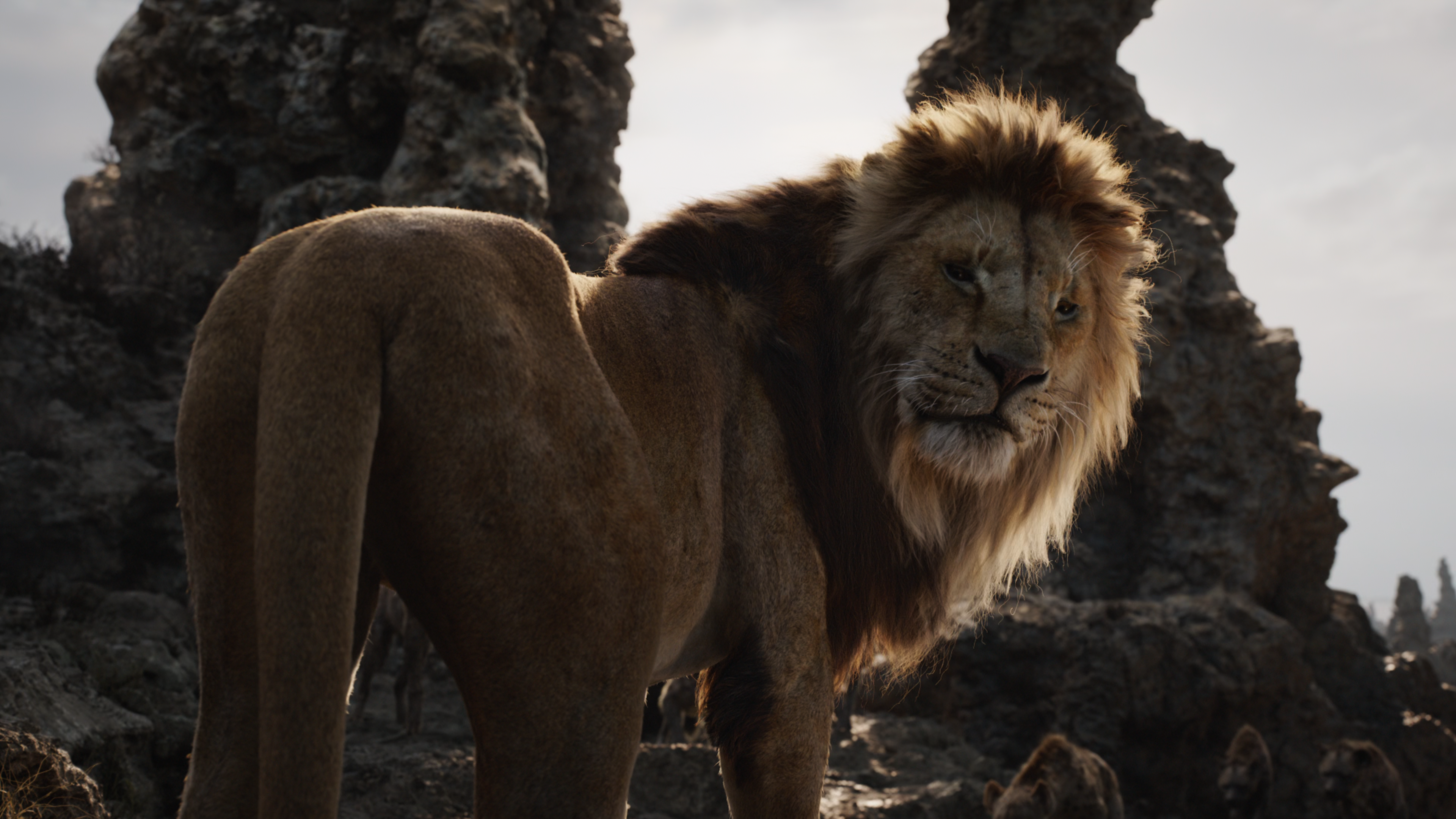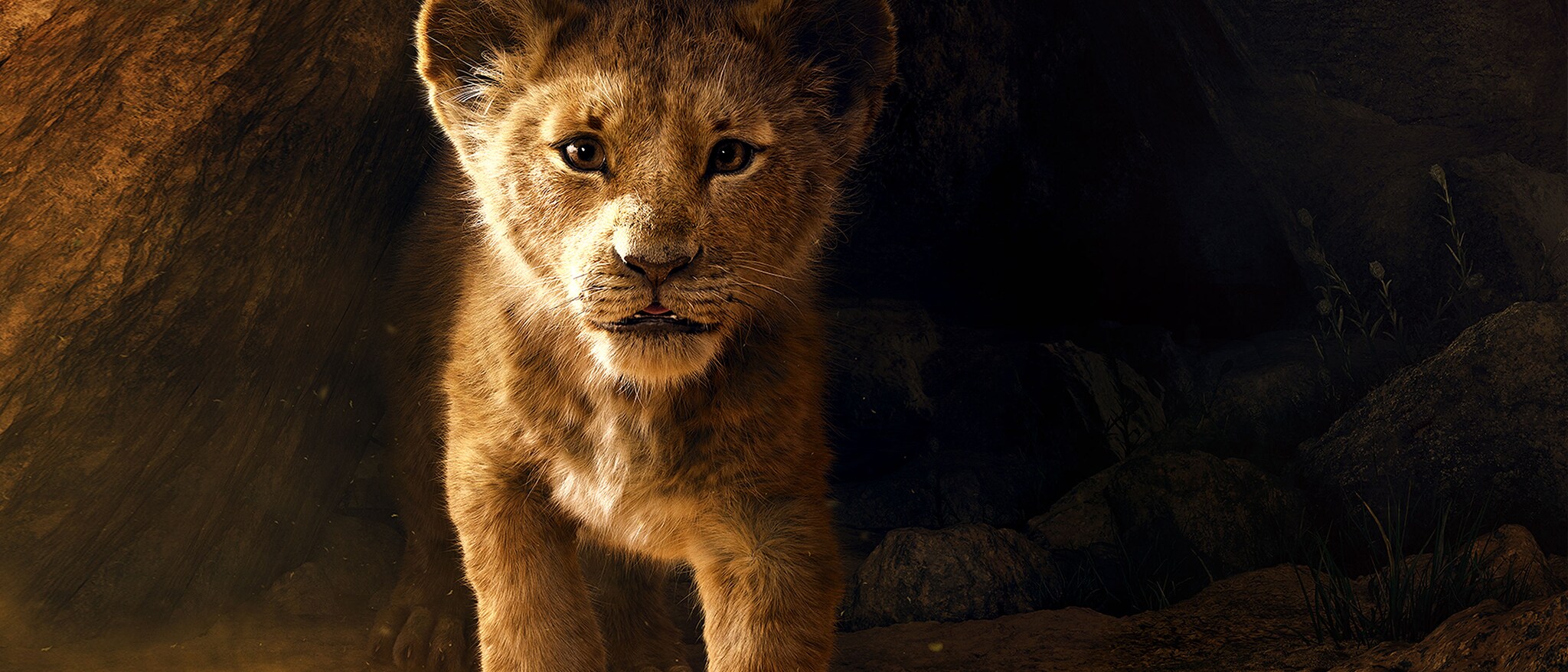
Wimoweh was successful in the United States in the 1950s, and was later reworked into another version in the 1960s by song writers George Weiss, Hugo Peretti and Luigi Creatore, as The Lion Sleeps Tonight. He liked what he heard and transcribed the music from the record to make his own song, which he called Wimoweh (a corruption of the Zulu lyrics, Uyimbube, or "he is the lion"). In the early 1950s the recording of Mbube released by Gallo Records, already a good seller in South Africa, found its way to America and came to the attention of Pete Seeger, the folksinger.


This is the story of the legal battle to claim back for Linda’s children a share in the proceeds from their father’s creation. Linda´s role in the song´s creation is undisputed, but he died a pauper, leaving his family too poor even to afford a headstone for his grave. It has earned by some estimates over $15 million in composer royalties. More than 150 different artists have recorded it and it features in at least 15 movies and musicals. There are versions in French, Japanese, Spanish, Danish and many other languages. The English-speaking world knows it as the central theme from the song The Lion Sleeps Tonight. On the third take, Linda came up with a haunting skein of notes that went on to become the most famous melody ever to emerge from Africa. In l939, a Zulu migrant worker and entertainer who called himself Solomon Linda stood before a microphone in Johannesburg’s first recording studio, improvising falsetto vocal lines against a rolling, driving vocal chant. Dean personally directed the litigation on behalf of the Linda family. Hot on the heels of the settlement in "The Lion Sleeps" copyright case, this first hand account was written for WIPO Magazine by leading South African copyright expert, Dr. Solomon Linda (left) and his band, the Evening Birds

Copyright in the Courts: The Return of the Lion


 0 kommentar(er)
0 kommentar(er)
